-Elizabeth Chinery, Junior Community Outreach Coordinator

CNN.com (22-year-old Naomi Musenga who is told by a French emergency response operator that ‘everyone dies’ later dies shortly dies after arriving in a hospital)
https://www.cnn.com/2018/05/11/health/france-ambulance-call-mocked-trnd/index.html
This story is a bit old but is still very disturbing nonetheless.
In France, a 22-year-old woman calls emergency services and during the call she is unable to properly describe her symptoms due to the excruciating pain she is experiencing and is only able to say that she is is pain and she feels like she is going to die. The operator’s response? “Yes…you will die, certainly, one day, like everybody else.” A family member later calls a doctor who then takes her to a hospital where she soon dies after two heart attacks.
Now…it’s understandable for an operator to be stressed after working 12 consecutive hours a day, however, this is no excuse to disregard a caller who was in so much pain she could barely speak. Every call should be treated as important because cases like this where a civilian who is in actual danger or pain is neglected come up all too often.



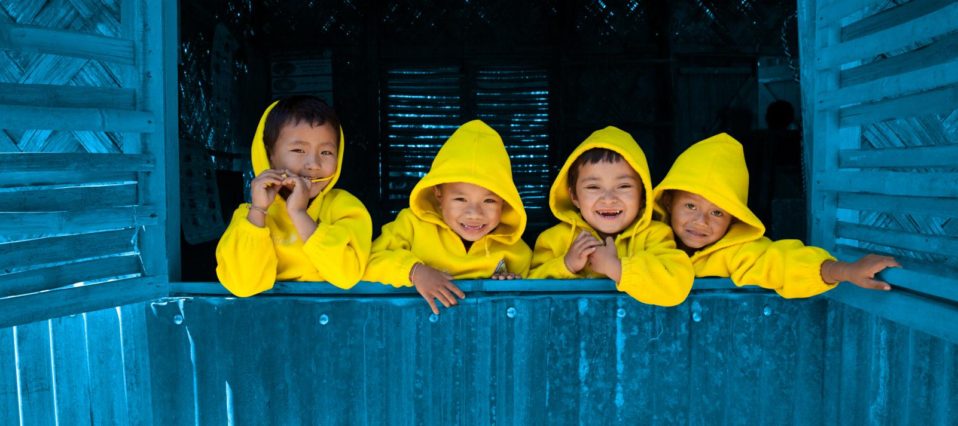

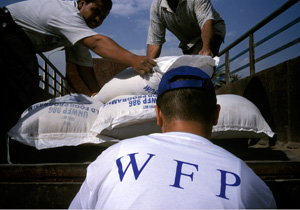
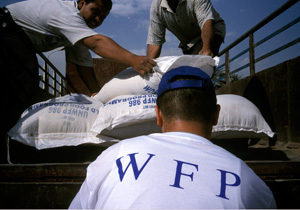
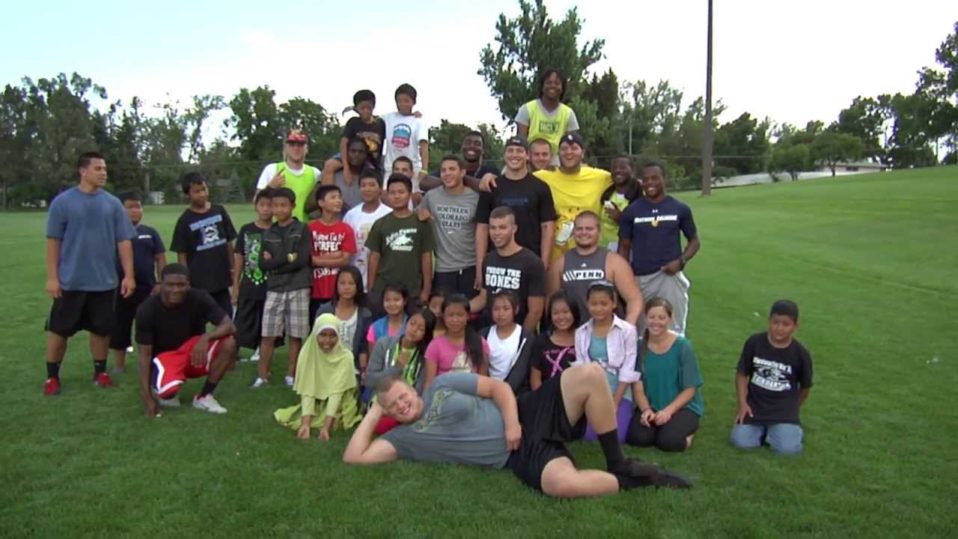

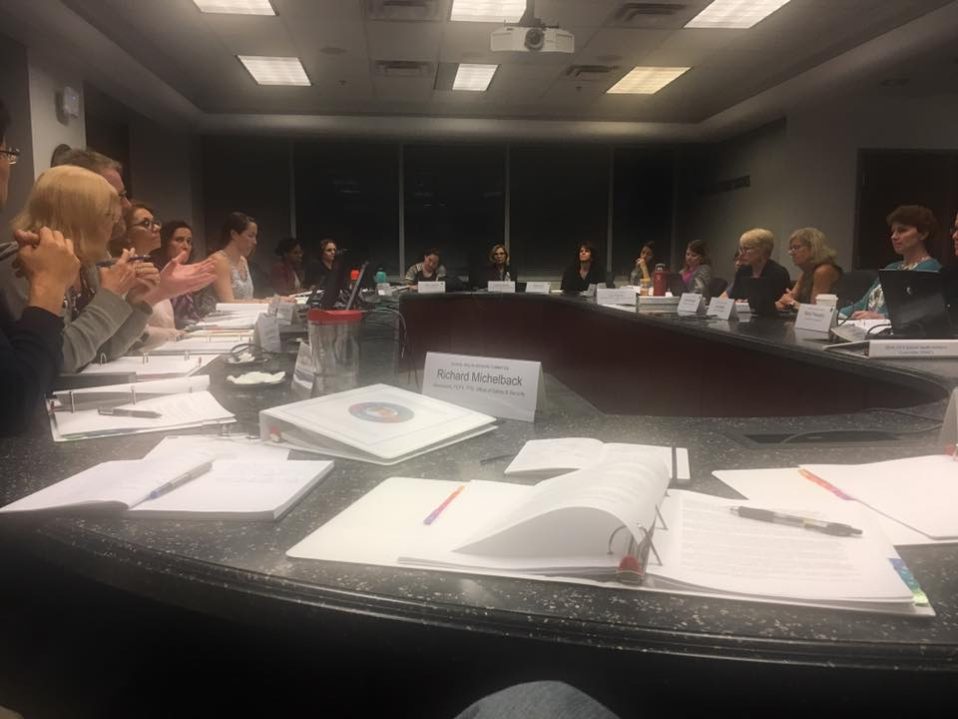


Recent Comments